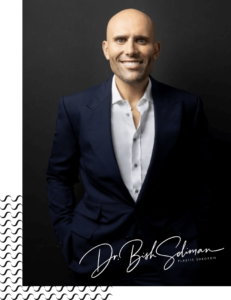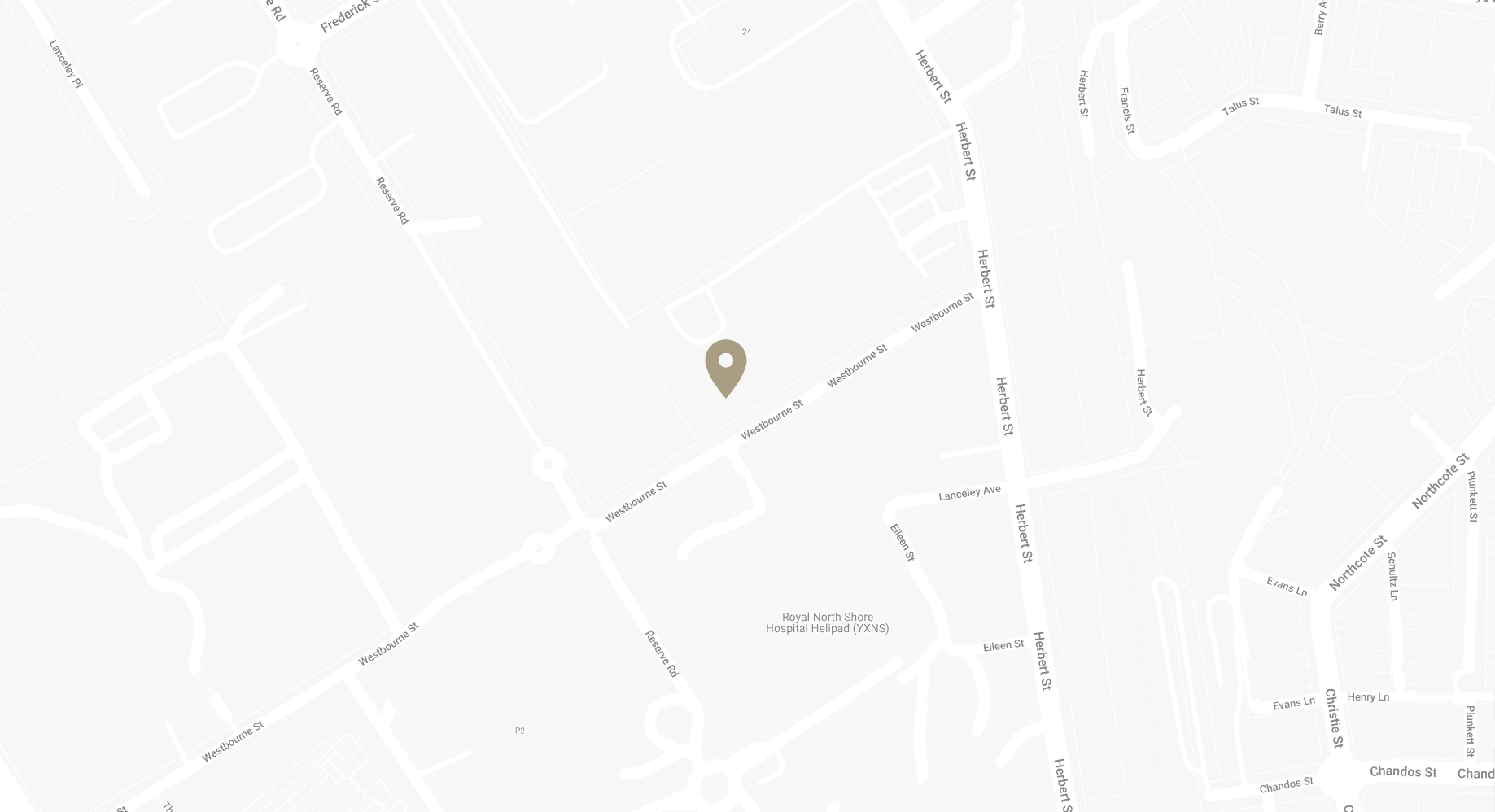Popular Questions about Scar Revision Surgery Answered by Sydney Plastic Surgeon Dr Bish Soliman
Scars, whether from accidents, surgeries, or conditions like acne, can alter one’s appearance. Understanding the details of scar revision surgery is important for those contemplating this corrective procedure.
In this blog, Sydney Plastic Surgeon Dr Bish Soliman aims to address the most frequently asked questions about scar revision surgery. From the initial consideration of surgery to the detailed care following the procedure, he will get into every aspect that patients commonly inquire about. Whether you’re wondering if you’re a good candidate, pondering the various techniques available, curious about the recovery process, or concerned about the potential outcomes, this blog has got you covered.
FAQs about What Is Scar Revision Surgery
What is scar revision surgery?
- Scar revision surgery is a specialised procedure aimed at improving the appearance of scars. This type of surgery seeks to minimise the scar so that it is more consistent with the surrounding skin tone and texture. It can be performed on any part of the body and is tailored to the individual needs of the patient, taking into account the type and severity of the scarring.
How does scar revision surgery differ from other cosmetic surgeries?
- Unlike other cosmetic surgeries that may aim to alter a person’s appearance, scar revision surgery specifically focuses on improving or diminishing the appearance of scars. It involves various techniques tailored to the type of scar, including surgical removal, laser treatments, dermabrasion, and the use of fillers or injectables to change the scar’s appearance.
What types of scars can be treated with scar revision surgery?
- Scar revision surgery can be used to treat various types of scars, including keloid scars, hypertrophic scars, atrophic scars, and scars resulting from injuries, surgeries, burns, or acne. Each type of scar may require a different approach or combination of techniques for effective treatment.
Can scar revision surgery completely remove a scar?
- While scar revision surgery can improve the appearance of a scar, making it less noticeable or more easily concealed, it is important to understand that it cannot completely erase a scar. The goal of the surgery is to make the scar less prominent and more similar in texture and colour to the surrounding skin.
What factors influence the success of scar revision surgery?
- Several factors can influence the outcome of scar revision surgery, including the age of the scar, the size and depth of the scar, the location on the body, the patient’s skin type and colour, and the patient’s overall health and healing capacity. The skill and experience of Dr Soliman also play a role in the success of the procedure.
Is scar revision surgery right for everyone?
- Scar revision surgery may not be suitable for everyone. Good candidates are those in good health, do not smoke, have realistic expectations about the outcomes of the surgery, and have scars that cause significant cosmetic concern or discomfort. A consultation with a qualified plastic surgeon such as Dr Bish Soliman is necessary to determine if scar revision surgery is an appropriate option.
What should I expect during a consultation for scar revision surgery?
- During a consultation, Dr Soliman will evaluate your scar, discuss your medical history, and talk about your goals and expectations for the surgery. He may discuss the various options for scar revision, the risks and benefits of each, and what you can expect in terms of results. This is also an opportunity for you to ask questions and express any concerns you may have.
How do I prepare for scar revision surgery?
- Preparation for scar revision surgery may include following specific instructions from Dr Soliman regarding medications, supplements, and smoking. In some cases, you may be advised to apply certain topical treatments to the scar area before the surgery. Ensuring you have realistic expectations and understand the potential outcomes and limitations of the surgery is also an important part of preparation.
FAQs about Pre-Surgery Considerations
What factors should I consider before deciding to undergo scar revision surgery?
- Before deciding on scar revision surgery, consider the type and severity of your scar, your overall health, your healing capabilities, and your expectations for the outcome. It’s also important to consider the timing of the surgery, as some scars may improve with time, and the financial investment, as not all procedures may be covered by insurance.
How do I choose the right surgeon for scar revision surgery?
- Choosing the right surgeon is crucial for the success of your scar revision surgery. Look for a surgeon with extensive experience in scar revision procedures. Research their qualifications and review before-and-after photos of their previous patients. A consultation will also give you a sense of their approach and whether they understand your goals.
What questions should I ask during my consultation?
- During your consultation, ask about the surgeon’s experience with scar revision, the recommended approach for your specific scar, the risks and benefits of the procedure, what anaesthesia will be used, the expected recovery process, and the cost of the surgery. Inquire about alternatives to surgery and the realistic outcomes you can expect.
Are there any medical conditions that could affect my eligibility for scar revision surgery?
- Certain medical conditions can affect healing or increase the risk of complications during and after scar revision surgery. These include diabetes, cardiovascular diseases, immune system disorders, and a history of keloids or poor wound healing. Be honest about your medical history during your consultation.
How can I prepare myself for the best possible outcome from scar revision surgery?
- To prepare for the best possible outcome, follow Dr Soliman’s pre-operative instructions closely. This may include stopping smoking, avoiding certain medications and supplements that can increase bleeding, and maintaining a healthy diet to support healing. Applying prescribed treatments or preparing the skin as directed can also be part of your preparation.
What are the risks and potential complications of scar revision surgery?
- Like any surgery, scar revision carries risks, including infection, bleeding, anaesthesia reactions, and the possibility of unsatisfactory results. Specific risks may also include worsening of the scar appearance, development of new scars, and changes in skin sensation. Discuss these risks thoroughly with Dr Soliman to make an informed decision.
How long should I wait after the initial injury or surgery before considering scar revision?
- It’s often recommended to wait at least a year after the initial injury or surgery before considering scar revision, as scars can naturally improve in appearance during this time. Some scars may require more time to mature, and waiting allows you to see the full extent of the scar’s development before making a decision.
Will my insurance cover scar revision surgery?
- Scar revision surgery is often considered cosmetic and may not be covered by insurance. However, if the scar causes functional impairments or significant psychological distress, some insurance policies may offer partial coverage. It’s important to check with your insurance provider and discuss financing options with Dr Soliman’s team.
FAQs about the Surgery Process
What techniques are used in scar revision surgery?
- Scar revision surgery employs a variety of techniques based on the type, size, and location of the scar. These can include surgical excision, where the scar is cut out and the skin is sutured; laser therapy to reduce redness and improve skin texture; dermabrasion to smooth out the skin; and the use of fillers or fat grafting to raise depressed scars. The choice of technique depends on the specific goals for the scar’s improvement.
How do I know which technique is right for my scar?
- The best technique for your scar will be determined during your consultation with Dr Soliman. He will consider factors such as the type of scar, its location, your skin type, and your desired outcome. Dr Soliman’s experience in specific techniques will also play a role in this decision.
What can I expect on the day of my scar revision surgery?
- On the day of the surgery, you’ll be asked to arrive at the clinic or hospital a few hours before the procedure. You may receive pre-operative markings on your skin, and depending on the extent of the surgery, you might be given local anaesthesia (for smaller areas) or general anaesthesia (for larger or more complex revisions). The duration of the procedure varies from a few minutes to several hours.
Will I feel pain during scar revision surgery?
- Most scar revision surgeries are performed under anaesthesia, so you should not feel pain during the procedure. Post-operative discomfort is common but can be managed with prescribed pain medication. The level of discomfort also depends on the extent of the surgery and the individual’s pain tolerance.
What is the recovery process like after scar revision surgery?
- Recovery varies depending on the surgical technique used. You may experience swelling, redness, and discomfort in the treated area. Detailed post-operative instructions will be provided, including how to care for the wound, signs of infection to watch for, and when to return for follow-up appointments. Recovery time can range from a few days for minor procedures to several weeks for more extensive surgeries.
How long will it take to see the final results of scar revision surgery?
- The final results of scar revision surgery can take several months to a year to fully emerge. Scars go through a maturation process, where they may initially appear red and raised but gradually fade and flatten over time. Following Dr Soliman’s aftercare instructions and attending follow-up appointments are crucial for achieving the best outcome.
What are the potential side effects of scar revision surgery?
- Potential side effects can include temporary redness, swelling, bruising, and discomfort at the surgery site. There’s also a risk of infection, bleeding, or an adverse reaction to anaesthesia. Long-term side effects may include changes in pigmentation, texture, or the development of new scar tissue.
Can a scar be revised more than once?
- Yes, a scar can be revised more than once if the initial results are unsatisfactory or if the scar changes over time. However, it’s important to wait until the scar fully matures and to discuss the benefits and risks of additional surgeries with Dr Soliman.
FAQs about Post-Surgery Care
What should I expect immediately following scar revision surgery?
- Immediately after scar revision surgery, you can expect some swelling, bruising, and discomfort around the treated area. These symptoms are normal and usually subside over the first few days to weeks. Depending on the extent of the surgery, you may have dressings or bandages applied to the area, and in some cases, you might need to return to Dr Soliman to have sutures removed.
How should I care for my wound after scar revision surgery?
- Proper wound care is essential for optimal healing and minimising the risk of infection. Dr Soliman will provide specific instructions on how to care for your wound. This may include keeping the area clean and dry, applying prescribed ointments, changing dressings regularly, and avoiding direct sun exposure to the scar.
What activities should I avoid after scar revision surgery?
- After your surgery, it’s important to avoid activities that could stress or stretch the treated area for a period recommended by Dr Soliman. This includes avoiding strenuous exercise, heavy lifting, and in some cases, swimming or soaking in a bath. Protecting the scar from direct sunlight is also crucial to prevent hyperpigmentation.
How can I manage pain after scar revision surgery?
- Pain and discomfort following scar revision surgery can usually be managed with over-the-counter pain relievers or prescription medications provided by Dr Soliman. It’s important to follow his guidance on medication to avoid any adverse effects. Applying cold compresses can also help reduce swelling and discomfort.
What signs of infection or complications should I look out for?
- Be vigilant for signs of infection or complications, such as increased redness, swelling, warmth at the surgery site, fever, severe pain not relieved by medication, or pus draining from the wound. If you experience any of these symptoms, contact Dr Soliman immediately.
How long will it take for the scar to heal after revision surgery?
- The healing process varies depending on the individual and the type of scar revision performed. While initial healing may occur within a few weeks, it can take several months to a year for a scar to fully mature and for the final results to be visible. Patience and following Dr Soliman’s aftercare instructions are key to a successful outcome.
How can I ensure the best possible results from scar revision surgery?
- To ensure the best possible results, closely follow Dr Soliman’s post-operative instructions, attend all scheduled follow-up appointments, and take care of your overall health. This includes maintaining a healthy diet, staying hydrated, avoiding smoking, and protecting the scar from the sun. Using silicone sheets or gels as recommended by Dr Soliman can also help in the healing process.
Will I need to return for follow-up appointments after scar revision surgery?
- Follow-up appointments are an important part of the post-surgery care process. These appointments allow Dr Soliman to monitor your healing, address any concerns, and advise on additional care or treatments to optimise the appearance of your scar. The schedule for follow-up visits will be determined by Dr Soliman based on the specifics of your procedure.
Further Reading about Plastic Surgery with Sydney Plastic Surgeon Dr Bish Soliman
- Read Dr Bish Soliman’s Scar Revision Surgery Page
- Read Dr Bish Soliman’s Blog about Minimising Breast Augmentation Scars
- Read Dr Bish Soliman’s Blog about How to Minimise Scars after Gynaecomastia
- Read Dr Bish Soliman’s Blog about What Will My Scars Look Like after Breast Lift Surgery?
- Read Dr Bish Soliman’s Blog about How Effective Are Silicone Strips for Plastic Surgery Scars
- Read Dr Bish Soliman’s Blog about Recovery after Scar Revision Surgery
Medical References about Scar Revision Surgery
- Scar Revision – Johns Hopkins Medicine
- Scar Revision – American Society of Plastic Surgeons
- Surgical Scar Revision: An Overview – PMC
- Scar Revision: What It Is, Who Is a Candidate – Cleveland Clinic
- Scar Revision – StatPearls



